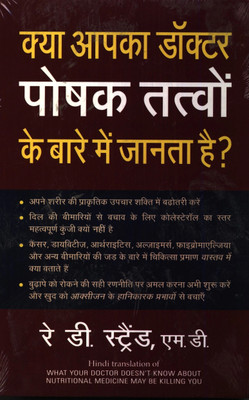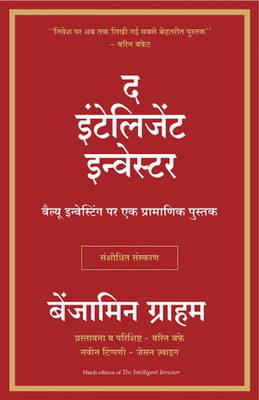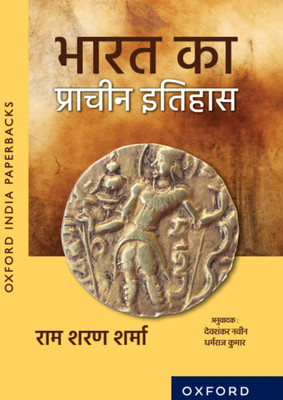
Share
The Analects (Paperback, Confucius)
Be the first to Review this product
Special price
₹270
₹299
9% off
Coupons for you
T&C
Available offers
T&C
T&C
T&C
T&C
Delivery
Check
Enter pincode
Delivery by25 Nov, Tuesday
?
View Details
Highlights
- Binding: Paperback
- Publisher: Zinc Read
- ISBN: 9789358587494
- Edition: 2023
- Pages: 84
Services
- Cash on Delivery available?
Seller
Description
The Analects is a collection of teachings, conversations, and sayings attributed to Confucius and his disciples. It is believed to have been compiled and written down by Confucius' followers after his death. The book consists of twenty chapters, each containing passages discussing various aspects of ethics, morality, governance, education, and social relationships.
Key themes and ideas explored in "The Analects" include:
Ren (?): Often translated as "benevolence" or "humaneness," Ren is a central Confucian virtue. It emphasizes compassion, kindness, and empathy towards others and serves as a guiding principle for ethical conduct.
Li (?): Li refers to proper conduct, manners, and rituals that are essential for maintaining social harmony and order. It emphasizes respect for traditions and customs.
Junzi (??): The term "Junzi" is often translated as "gentleman" or "noble person." It denotes someone who embodies moral excellence, shows respect, practices self-cultivation, and seeks to improve society.
Read More
Specifications
| Publication Year |
|
| Book Type |
|
Manufacturing, Packaging and Import Info
Be the first to ask about this product
Safe and Secure Payments.Easy returns.100% Authentic products.
Back to top






